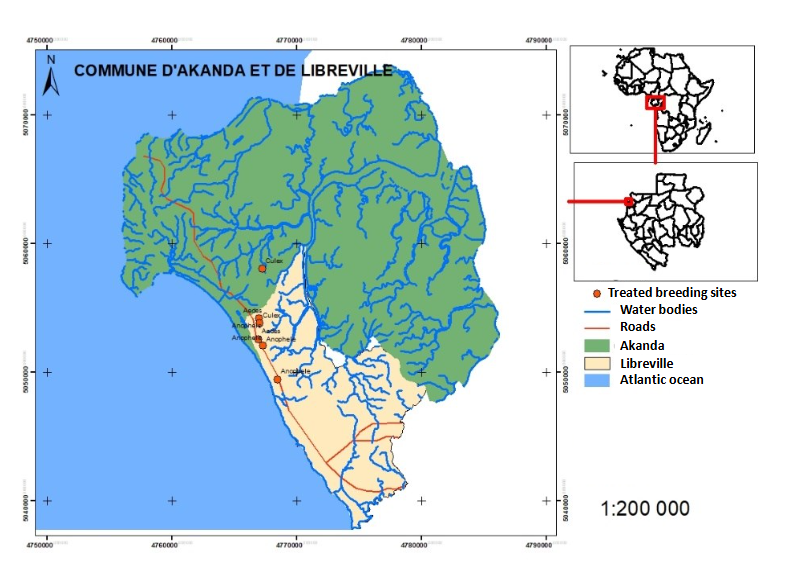Joking relationships and humor among the Yorùbá of southwestern Nigeria in the twenty-first century
Abstract
I argue that compromises are reached, and interpersonal relationships are negotiated and maintained among the Yorùbá people through joking relationships. I raise questions on how and when joking relationships can lead to interpersonal, interethnic or intra-ethnic conflict, inclusion or exclusion and the socio-cultural and legal consequences that these could generate. I use the hermeneutic and phenomenological methods to determine the impact of joking relationships on the violent crises that have characterized the twenty-first century Nigerian society. I conclude that whereas joking relationships are still socially acceptable Yoruba patterns of behaviour which have served the people well, the freedom that this practice enjoyed in the ancient times may now be coming under social and legal pressure in the socially and religiously sensitive modern Yorùbá and pan-Nigerian societies. However, the vacuum that may be created if joking relationship were to disappear may be filled by socially dysfunctional outcomes including depression and suicide.
References
[1]Available online: https://www.laughnowamerica.com/jokes/i-have-great-news-for-you (accessed on 3 March 2024).
[2]Labouret MH. Joking kinship in West Africa (French). Journal of the International African Institute. 1929; 2(3): 244-253.
[3]Paulme D. Joking kinship and blood alliances in West Africa (French). Journal of the International African Institute. 1939; 12(4): 433-444.
[4]Pedler FJ. Joking Relationship in East Africa. Journal of the International African Institute. 1940; 13(2): 170-173.
[5]Radcliffe Brown AR. On Joking Relationships. Primitive Societies; 1940.
[6]Goody J. Comparative Studies in Kinship. Stanford University Press; 1969.
[7]Obadare E. The uses of Ridicule: Humour, ‘Infrapolitics’ and Civil Society in Nigeria. African Affairs. 2009; 108(431): 241-261.
[8]Jones RA. You Eat Beans! Kin-Based Joking Relationships, Obligations, and Identity in Urban Mali. Available online: http://digitalcommons.macalester.edu/anth__honors/2 (accessed on 3 March 2024).
[9]Apte ML. Humor and Laughter, An anthropological approach, Ithaca. Cornell University Press; 1985.
[10]Practices and Expressions of Joking Relationship in Niger. Available online: https://ich.unesco.org/en/RL/practices-and-expressions-of-joking-relationships-in-niger-01009 (accessed on 3 March 2024).
[11]Gundelach P. Joking Relationships and National Identity in Scandinavia. Acta Sociologica. 2000; 43(2): 113-122.
[12]Ògunbà O. Ceremonies. In: Biobaku SO (editor). Sources of the Yorùbá History. Clarendon Press; 1973.
[13]Available online: https://www.cia.gov/library/publications/the-world-factbook/geos/ni.html (accessed on 3 March 2024).
[14]Bascom W. The Yoruba of Southwestern Nigeria. Holt, Rinehart and Winston; 1969.
[15]Salamone FA. Ethnic Identity and Religion. In: Olupona JK, Fálolá T (editors). Religion and Society in Nigeria: Historical and Sociological Perspectives Ibadan. Spectrum Books Ltd; 1991.
[16]Mauss M. The Gift: The form and Reason for Exchange in Archaic Societies. W. W. Norton & Company; 1990.
[17]Freud S. Jokes and their relation to the unconscious. The standard edition of the complete psychological works of Sigmund Freud. W. W. Norton & Company; 1905.
[18]Lowie RH. Primitive Society. Liveright Publishing Corporation; 1947.
[19]Sheba JO. Ethnic Stereotyping in Yorùbá Proverbs. International Journal of African and African-American Studies. 2005; 1(2).
[20]Zenner WP. Ethnic Stereotyping in Arabic Proverbs. The Journal of American Folklore. 1970; 83(330): 417-429.
[21]Akìwowo AA. Ajobi and Ajogbe: Variations on the Theme of Sociation. University of Ife Press; 1970.
[22]Fadipe NA. Sociology of the Yorùbá. Ibadan University Press; 1970.
[23]Olubomehin OO. Ethnic and Communal Clashes in Nigeria: The Case of the Sagamu 1999 Hausa-Yoruba Conflict. African Research Review. 2012; 6(3): 135-149.
[24]Gatawa MM. Nter-Group relations in historical perspectives: A case study of Yoruba and Hausa communities of Agege, Lagos, Nigeria. African Journal of History and Culture. 2013; 5(9): 171-177.
[25]Available online: https://www.vanguardngr.com/2021/01/fulani-herders-attack-two-as-tension-mounts-in-ibarapa/ (accessed on 3 March 2024).
[26]Berger AA. Anatomy of Jokes. Journal of Communication. 1976; 26(3): 113-15. doi: 10.1111/j.1460-2466.1976.tb01913.x
[27]Hall ET. The Silent Language. New York: Fawcett; 1968
[28]Haralambos M, Holborn M. Steve Chapman and Stephen Moore. Sociology: Themes and Perspectives, 8th ed. HarperCollins; 2014.
[29]Camosy CC. Intellectual Solidarity and Transcending Polarized Discourse. Political Theology. 2014; 15(1): 40–52.
[30]Hobbes T. Hobbes’s Leviathan. Clarendon Press; 1909.
[31]Olupona JK, Ajibade S. Ekun Iyawo: Bridal Tears in Marriage Rites of Passage among the Oyo-Yorùbá of Nigeria in Holy Tears: Weeping in the Religious Imaginations. Princeton University Press; 2005.
[32]Evans-Pritchard EE. The position of women in primitive societies and other essays in Social Anthropology. Faber and Faber; 1965.
[33]Available online: https://literarydevices.net/comedy/ (accessed on 3 March 2024).
[34]Onishi N. Nigeria’s Comics Pull Punch Lines from Deeper Social Ills. Available online: https://www.nytimes.com/2015/12/06/world/africa/nigerias-comics-pull-punch-lines-from-deeper-social-ills.html (accessed on 3 March 2024).
[35]McGraw P, Warner J. The Humor Code. Available online: https://www.huffpost.com/entry/muhammad-cartoons_b_1907545 (accessed on 3 March 2024).
Copyright (c) 2024 Enoch Olujide Gbadegesin

This work is licensed under a Creative Commons Attribution 4.0 International License.








.jpg)
.jpg)

